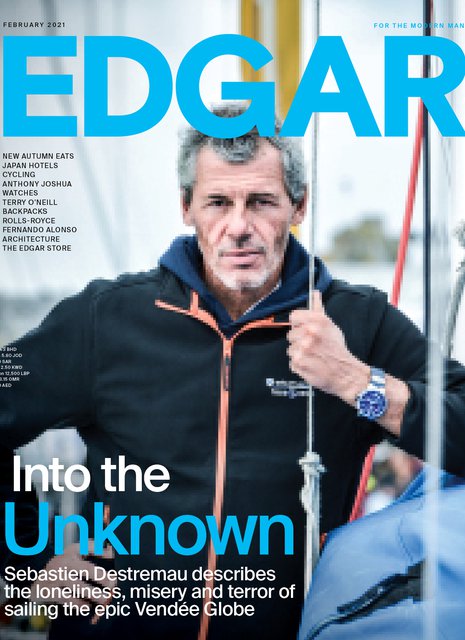"You must try some chai." Vikas Khanna leads me to a chair and offers me two cups of chai – one with lemongrass and mint, the other flavoured with saffron and cardamom – and we start to talk. The Indian chef is 48 but looks 30. How this is possible, I have no idea, firstly, because he’s been working in high-octane kitchens for more than 30 years and secondly, because he’s lived in New York City for 20 years. Add those two things together and he should look 105.
Maybe it has something to do with his mother. Khanna won’t open a restaurant or let the chefs touch the food until she has performed a fire lighting ceremony to sanctify the kitchen. “It’s not a religious thing, but I think fire is a purifier,” he explains seriously, before adding with a laugh, “I’m so crazy. I had a restaurant in New York which I delayed opening for 48 days because my mum couldn’t travel to New York. Can you imagine the rent in New York? I told her to please come, we’re losing dollars. I’m not superstitious, but it just works for me. There must be something in it.”
Maybe there is. The restaurant he’s talking about is Junoon, for which he won a Michelin star in 2011. What did Khanna’s mother make of his achievement? “She thought Michelin was a tyre company and couldn’t work out why I was obsessed with tyres when I didn’t even drive a car,” he laughs. “When we got the Michelin star I called my mum and told her. She asked me, ‘Did you finally get a car?’ I loved that.”
Khanna's latest Dubai venture is Ellora at JA Beach Hotel in JA The Resort in Dubai. It's elegant, but casual and low-key (waiters wear sneakers) and the food is outstanding. His more formal outlet, Kinara, is a buggy ride away at the Lake View hotel at the same resort.
